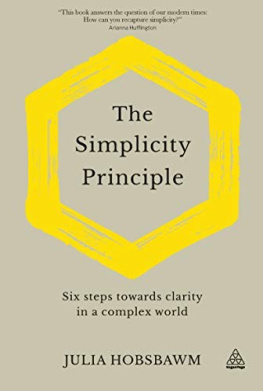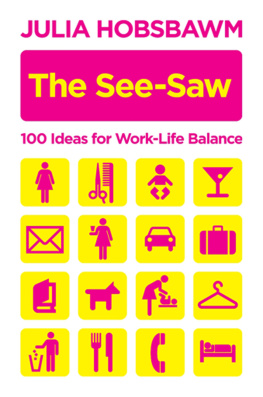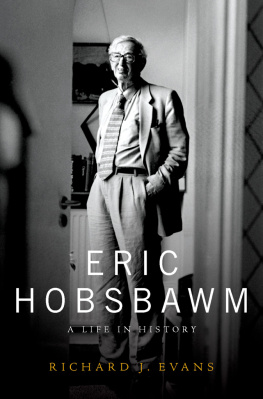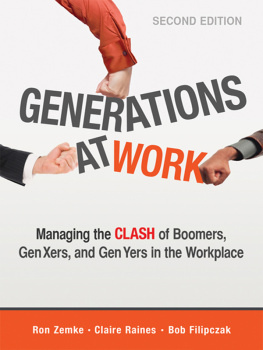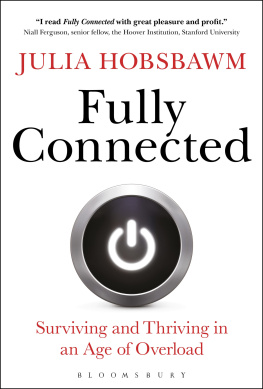To my children who recently entered the world of work and to my grandson who just entered the world.
Office centricity is over.
Tobi Ltke, CEO Shopify, on Twitter
Imagine you are holding a snow globe in your hand and the object inside is not a place you have been to on holiday or a festive bauble but a representation of where you work. What does it show? Your home? A laptop? A driverless car? For the professional class (which in advanced economies makes up over 40 per cent of the workforce) there is no single obvious image to encapsulate working life any more. Thanks to the internet and automation it could be a smartphone or it could be a makeshift desk under a tree.
It is unlikely to be at least full time an actual office. At the centre of works new snow globe is not a place but a person, whose working life is being shaken up more than at any point in the last hundred years. The Nowhere Office reflects the impact of shifting tectonic plates which were grinding away before Covid-19 happened: technology and its relationship to humans, flexible working what we now call hybrid working but also bigger philosophical arguments about the meaning of work itself. As the legendary American social historian Studs Terkel put it in his epic study Working : Work is about a search for daily meaning as well as daily bread, for recognition as well as cash, for astonishment rather than torpor; in short, for a sort of life rather than a Monday through Friday sort of dying.
The world of work was already quite sick before the coronavirus took hold. According to the American Institute of Stress 83 per cent of American workers suffer from work-related illnesses. In South Korea the working week was reduced in 2018 because of Gwarosa or death from overwork. The World Health Organisation (WHO) estimates that depression and anxiety alone cost the global economy $1 trillion every year.
The pandemic lifted the lid on a desire to work differently, or less, or with more worklife balance. We can see the impact of this in every metric around work: from The Great Resignation in which millions of American workers resigned en masse and the one in four workers who now imagine they might quit or switch jobs, Truly we are nowhere near where we used to be in the middle of Nowhere.
Wherever we end up, working life has been due for a shake-up for a long time. This book attempts to see through the snow blizzard of changes engulfing the world of professional work and to imagine positive changes that could be made to improve it as the post-pandemic world begins to settle.
The Nowhere Office is office life but without the formal fixtures and fittings we took for granted before the pandemic. It sees a role for the office, but a very changed one. Instead of a single fixed place or schedule, it envisages a mobile, hybrid world which uses HQ offices wisely for certain functions and not for others. It is a new era in professional work which blows away the cobwebs of a stale working model of management and presenteeism and replaces it with a fairer and more functional system that works not only from the top down but also across an organisation.
Snow globes have been around for roughly as long as modern office life (about a hundred years) and while there have been some changes, from glass to plastic, from water to glycerine, from metal shavings to soap flakes, the fundamentals object, snow, transparent case remain. Their enduring popularity is simple. They connect us emotionally to two things: the fixed permanence of something we want to keep and the fluttering flash of change and disruption. Humans love both certainty and distraction. The movement of the beautiful flakes swirling around transfixes us but we also like to know where we stand. In the end the snow globe always settles back, but this time the base itself has shifted. This moment is therefore both exciting and uncomfortable. The Nowhere Office represents the moment when those professionals working in business and organisations the teacher, the technician, the PA, the CEO, the executive in HR, the consultant, the IT expert, the employee, the employer, the freelancer realise that something fundamental has shifted and that their own snow globe can be reset. That work has been stuck and that change is needed.
The Nowhere Office is a new beginning in the story of the office if we choose to make it so.
Aftermath: the period immediately following a usually ruinous event.
Merriam-Webster dictionary definition
Change is neither good nor bad, it simply is. It can be greeted with terror or joy, a tantrum that says I want it the way it was, or a dance that says Look, something new.
Don Draper ( Mad Men , Season 3, Episode 2)
The office is a byword for modern work. There are 3.3 billion people working in the world, Being labelled a white collar or a blue collar worker could be replaced by being a hybrid have or hybrid have-not worker instead.
The office has captured our imagination in popular culture and in debates about the future of work. When the pandemic locked us out from our workplaces nostalgia grew for TV shows where the star was in many ways the office itself. Viewing figures rocketed. In Amazon Primes Bosch , the gritty LA detective Harry Bosch is frequently shown with his colleagues handling toxic office politics alongside close-ups of cubicle life. Watching Harry do his paperwork is a crucial part of the show. Netflixs comedy drama Call My Agent! is also set in an office with lots of people bustling around having showdowns in reception. From Mad Men to The Office , we seem to enjoy keeping the world of work and its dysfunctions at a safe, entertaining distance. The question of whether people wanted to rush back to the office with the old nine-to-five routine once the pandemic started to subside something employers and governments were counting on was clearly more nuanced. People are now asking searching questions about the nature of work, and its meaning to them. In particular they ask what is the point of the office? To work or to socialise? To brainstorm or learn? Or is it really a kind of measuring stick from times gone by, dedicated to presenteeism?
In autumn 2021, I posted a comic Belgian video on Twitter featuring a young girl taking her father back to the office in a charming role reversal showing the kind of anxiety and reluctance familiar to any parent cajoling a child back to school. It went viral, garnering hundreds of thousands of retweets and was seen nearly three million times. Ive been back in my office for two weeks and this is more accurate than I care to admit, wrote @kelbayar, a programme co-ordinator for the United Nations.
What has happened to so dramatically shift the collective psyche of the worlds office workers? This book attempts to answer that question. It isnt as if the philosophical questions about work were not being asked before Covid-19 but they were in the background. The total shutdown of the worlds offices focused minds, not least on how much separation there actually is between who we are as human beings and who we are as worker beings.
Weve known for years that work was not working properly. It has excluded some people from fair or equal pay, and gender, race or sexual identity equality. And it has locked others into the wrong systems and structures, ensuring failure. The relentless rise of automation and new technologies has kept office life stuck in an endless reboot where instead of using the technology we have, we create new systems and waste time getting used to them. For all the new emphasis on well-being at work it has been neither well nor functional. Stagnant productivity and endemic stress are testament to this.


